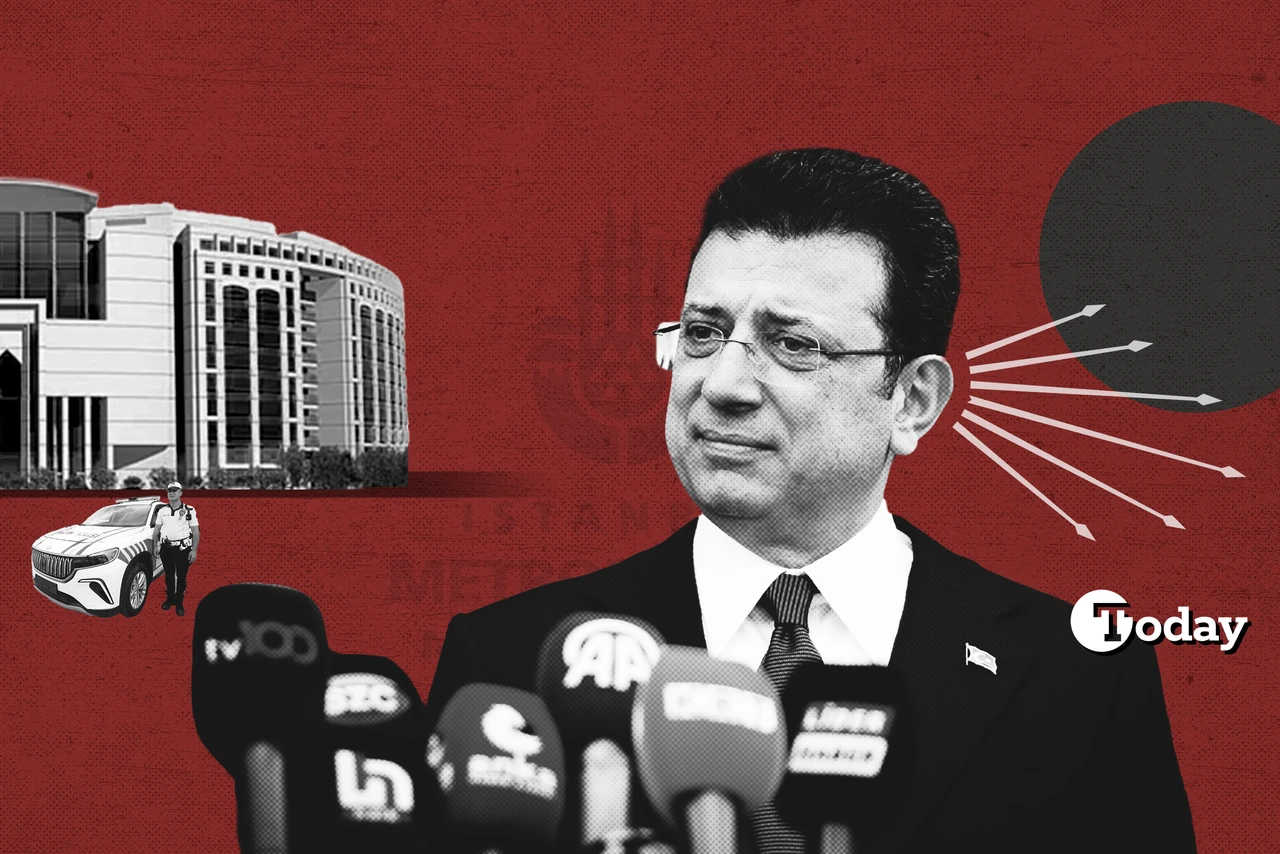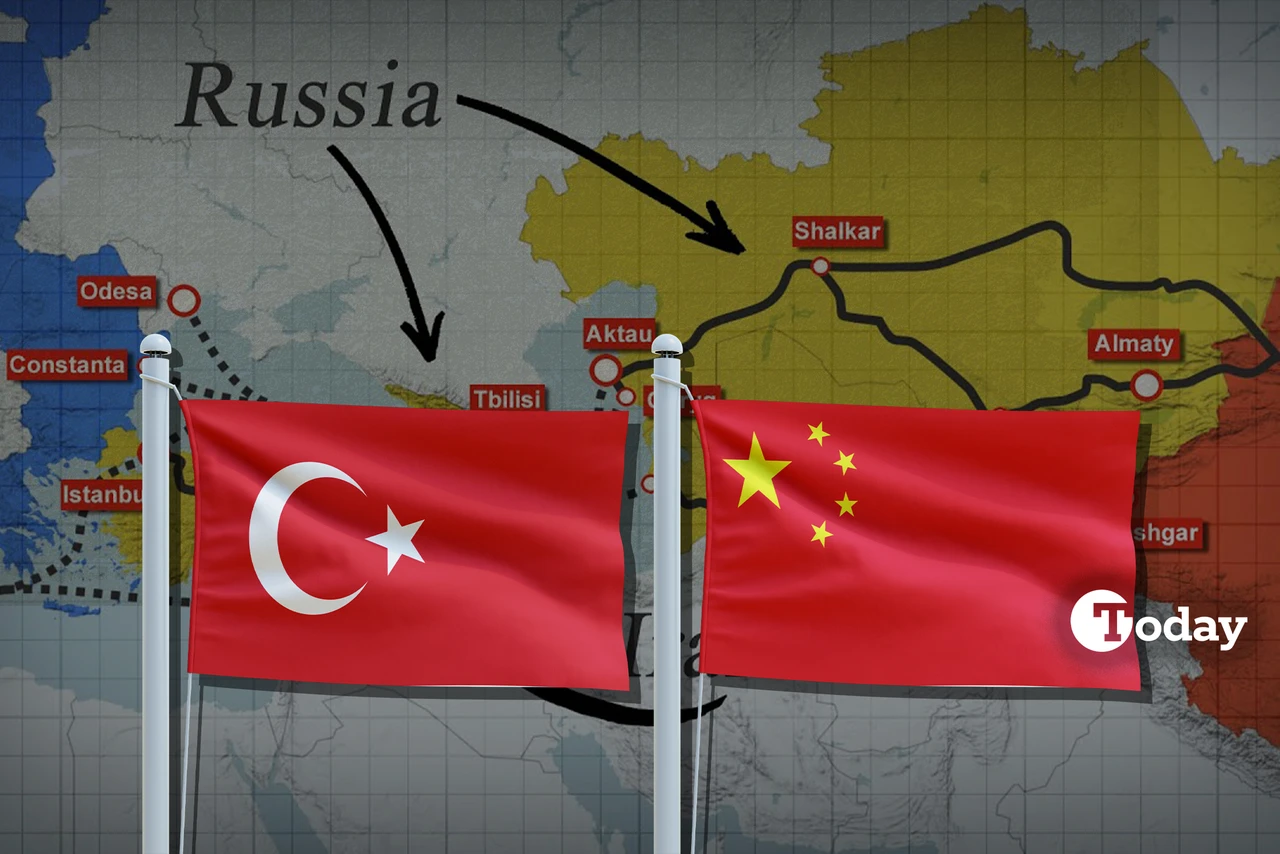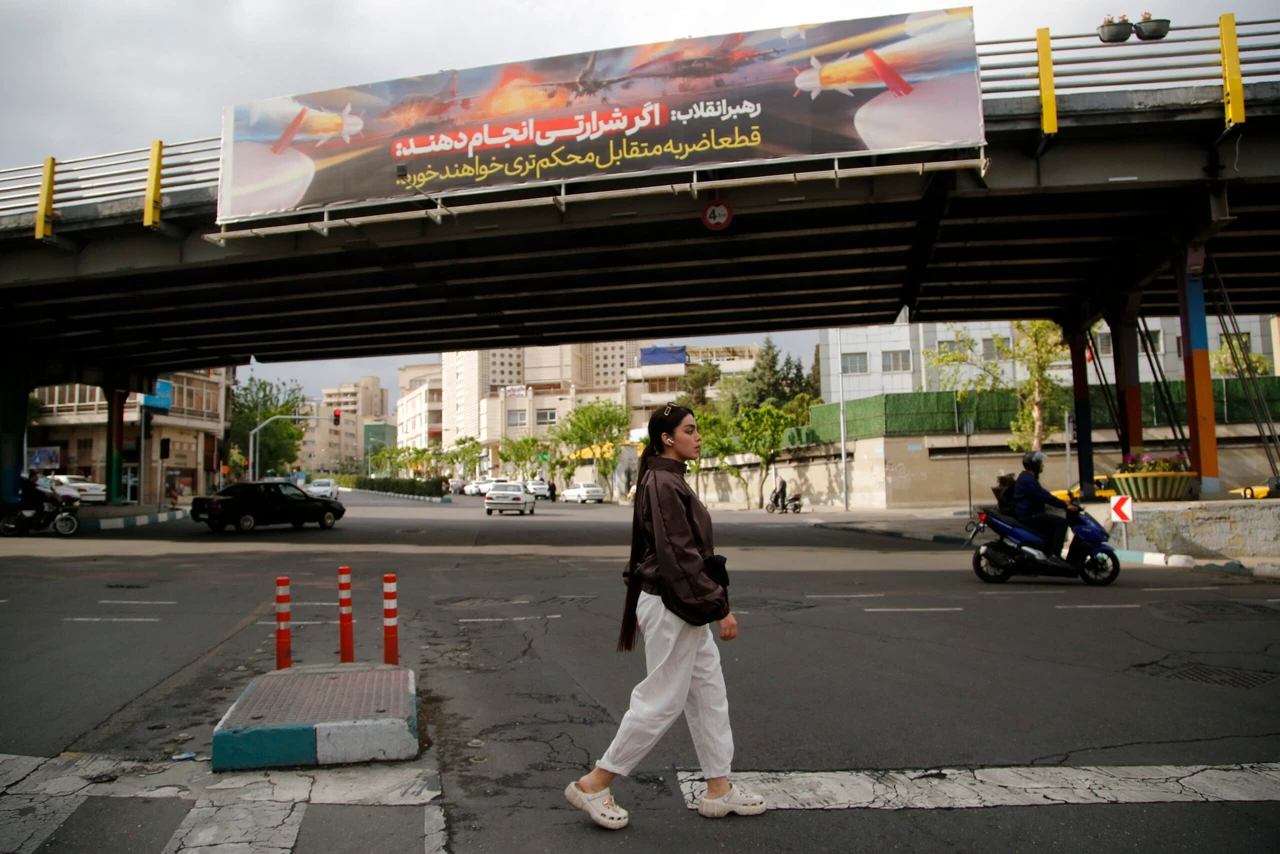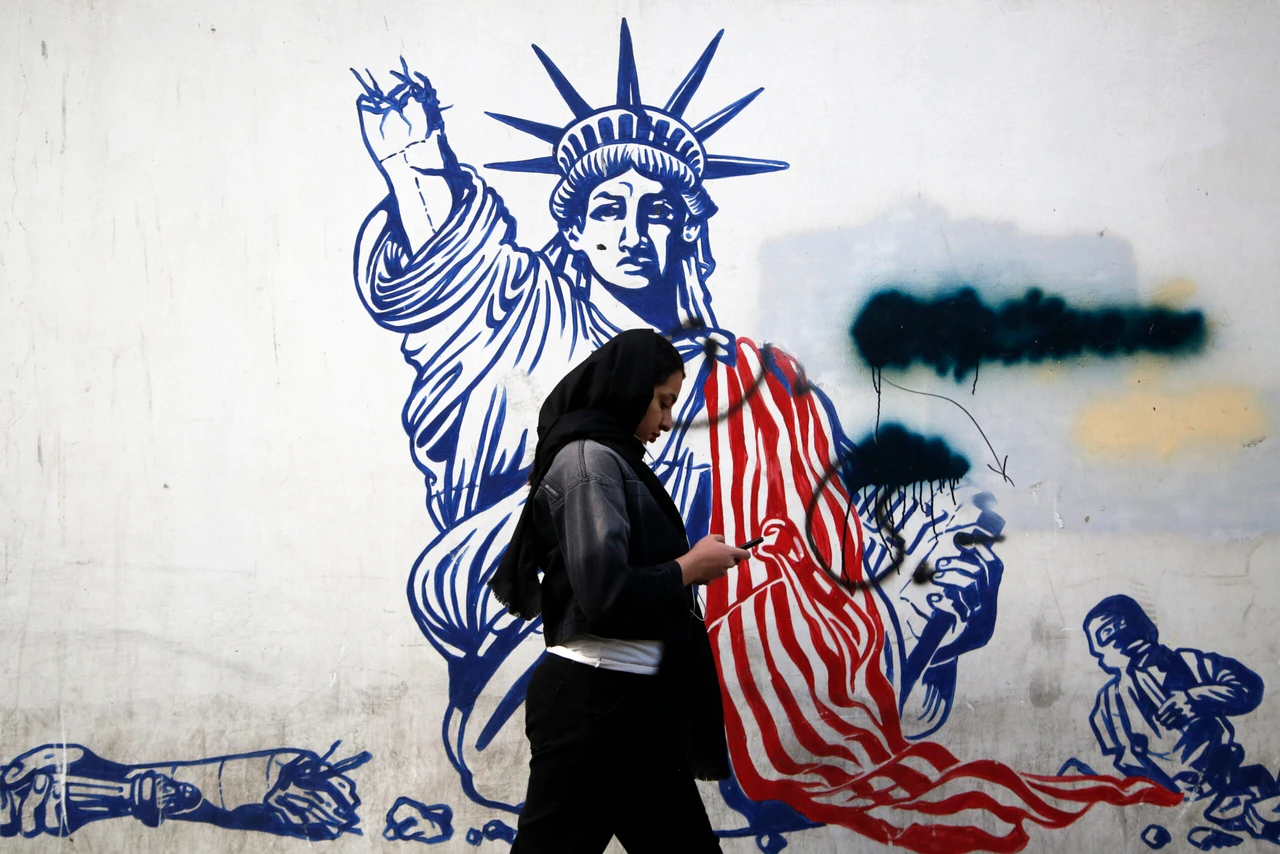Council of Europe recognizes Julian Assange as a political prisoner
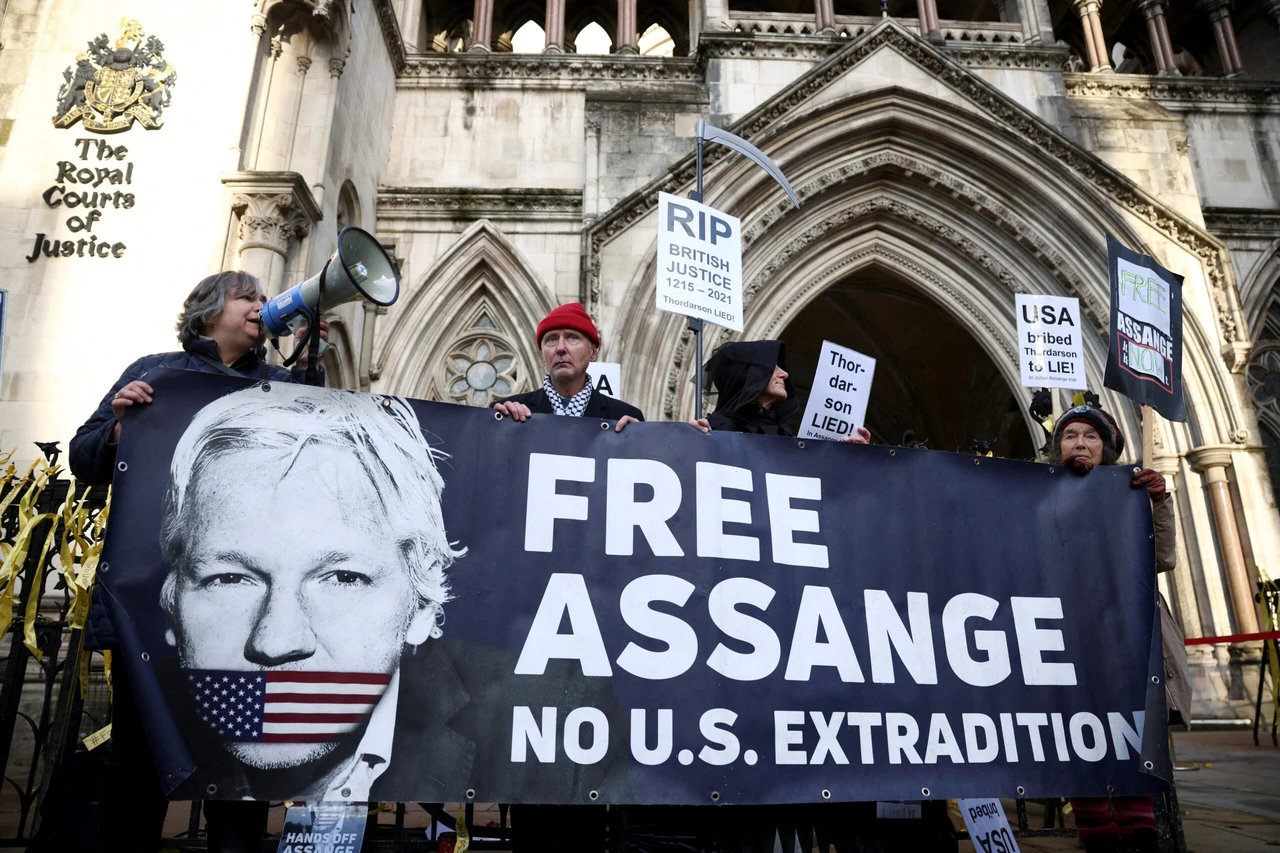 Supporters of Julian Assange display signs and a banner, outside the Royal Courts of Justice in London, Britain December 10, 2021. (Reuters Photo)
Supporters of Julian Assange display signs and a banner, outside the Royal Courts of Justice in London, Britain December 10, 2021. (Reuters Photo)
The Council of Europe has officially recognized WikiLeaks founder Julian Assange as a political prisoner following a landmark vote. The decision was made after Assange addressed the Council’s human rights committee, marking his first public appearance since his release from prison after reaching an agreement with the United States.
Assange, who had traveled from Australia to Strasbourg to attend the debate, spoke to the committee (Pace) on the findings of a report that concluded he had been held as a political prisoner. He had spent several years in Belmarsh Prison in the United Kingdom while fighting extradition to the U.S. over charges stemming from WikiLeaks’ publication of classified documents.
In his address, Assange compared his years in Belmarsh to being confined in a “dungeon,” highlighting the mental and emotional toll it had taken on him. He apologized for what he described as a “faltering” speech, explaining that years of isolation had affected him.
Legal action against Assange began in 2010, following the release of hundreds of thousands of leaked documents related to the Afghanistan and Iraq wars. His appearance at the Council of Europe also marked the continuation of a broader conversation on the rights of journalists and the treatment of whistleblowers.
Speaking alongside his wife, Stella, and WikiLeaks editor Kristinn Hrafnsson, Assange made it clear that his freedom was not the result of justice but of a guilty plea made under duress. “Justice for me is now precluded as the U.S. government insisted on writing into its plea agreement that I cannot file a case at the European Court of Human Rights or even a Freedom of Information Act request over what it did to me as a result of its extradition request,” Assange said.
“I want to be totally clear: I am not free today because the system worked. I am free today [after] years of incarceration because I pled guilty to journalism,” he continued. Assange emphasized that he had only admitted to the act of gathering and publishing information, reiterating that journalism is not a crime.
During the session, Assange used his testimony to highlight the vulnerabilities in existing legal protections for journalists and activists, stressing that others facing similar predicaments may not have the same visibility or public support. He referred to the ongoing criminalization of news-gathering as a threat to investigative journalism worldwide, stating, “The criminalization of news-gathering activities is a threat to investigative journalism everywhere.”
Assange also criticized the UK-U.S. extradition treaty, describing it as heavily skewed in favor of the United States. “Nine times as many people are extradited to the U.S. from the UK than the other way around,” he told the committee, while noting that U.S. citizens facing extradition to the UK are afforded stronger protections.
The session concluded with a standing ovation from the committee, underscoring the significance of the Council’s recognition of Assange’s case. Assange remains a polarizing figure, but the Council’s decision to acknowledge him as a political prisoner may have wide-reaching implications for both journalistic freedom and international human rights advocacy.
